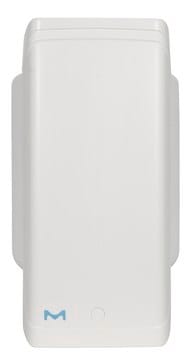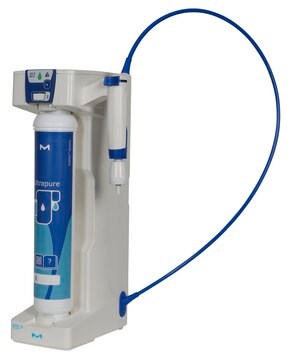AP194C
Donkey Anti-Chicken IgY Antibody, Cy3 conjugate, Species Adsorbed
Chemicon®, from donkey
Synonym(s):
Chicken IgG
Sign Into View Organizational & Contract Pricing
All Photos(1)
About This Item
UNSPSC Code:
12352203
eCl@ss:
32160702
NACRES:
NA.46
Recommended Products
biological source
donkey
Quality Level
conjugate
CY3 conjugate
antibody form
F(ab′)2 fragment of affinity isolated antibody
antibody product type
secondary antibodies
clone
polyclonal
species reactivity
chicken
manufacturer/tradename
Chemicon®
technique(s)
immunofluorescence: suitable
shipped in
wet ice
target post-translational modification
unmodified
Application
Detect Donkey Chicken IgY using this Donkey anti-Chicken IgY Antibody, Cy3 conjugate, Species Adsorbed validated for use in IF.
Legal Information
CHEMICON is a registered trademark of Merck KGaA, Darmstadt, Germany
Not finding the right product?
Try our Product Selector Tool.
Hazard Statements
Precautionary Statements
Hazard Classifications
Aquatic Chronic 3
Storage Class Code
11 - Combustible Solids
WGK
WGK 3
Certificates of Analysis (COA)
Search for Certificates of Analysis (COA) by entering the products Lot/Batch Number. Lot and Batch Numbers can be found on a product’s label following the words ‘Lot’ or ‘Batch’.
Already Own This Product?
Find documentation for the products that you have recently purchased in the Document Library.
Ileana O Jelescu et al.
NeuroImage, 256, 119277-119277 (2022-05-07)
Biophysical models of diffusion in white matter have been center-stage over the past two decades and are essentially based on what is now commonly referred to as the "Standard Model" (SM) of non-exchanging anisotropic compartments with Gaussian diffusion. In this
Lea Gabele et al.
Frontiers in cellular neuroscience, 18, 1444876-1444876 (2024-08-22)
Influenza A virus (IAV) infection can increase the risk of neuroinflammation, and subsequent neurodegenerative diseases. Certain IAV strains, such as avian H7N7 subtype, possess neurotropic properties, enabling them to directly invade the brain parenchyma and infect neurons and glia cells.
Richard J Stanton et al.
The Journal of clinical investigation, 120(9), 3191-3208 (2010-08-04)
Human cytomegalovirus (HCMV) in clinical material cannot replicate efficiently in vitro until it has adapted by mutation. Consequently, wild-type HCMV differ fundamentally from the passaged strains used for research. To generate a genetically intact source of HCMV, we cloned strain
Andoni I Asencor et al.
eNeuro, 9(3) (2022-05-25)
Because of their ease of use, adeno-associated viruses (AAVs) are indispensable tools for much of neuroscience. Yet AAVs have been used relatively little to study the identities and connectivity of peripheral sensory neurons, principally because methods to selectively target peripheral
Matthew B Pomaville et al.
Neural development, 18(1), 2-2 (2023-04-28)
The mammalian somatosensory system is comprised of multiple neuronal populations that form specialized, highly organized sensory endings in the skin. The organization of somatosensory endings is essential to their functions, yet the mechanisms which regulate this organization remain unclear. Using
Our team of scientists has experience in all areas of research including Life Science, Material Science, Chemical Synthesis, Chromatography, Analytical and many others.
Contact Technical Service







